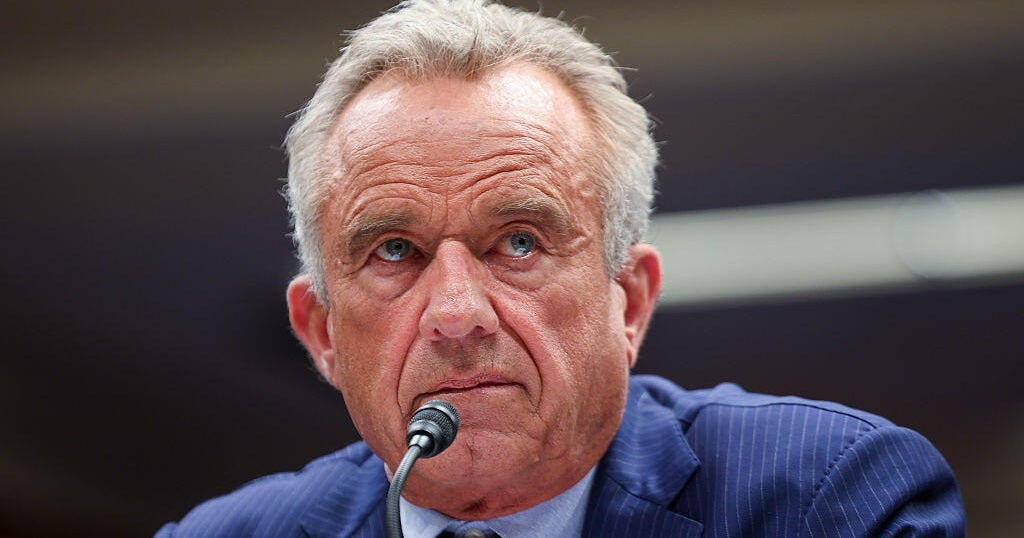Harlequins Star Joe Marler Opens Up on Mental Health Struggles and Impact on Pregnant Wife

Harlequins and England rugby legend Joe Marler has bravely shared a deeply personal account of his struggles with mental health, revealing how his issues manifested in anger and rage directed towards his heavily pregnant wife. In a candid interview, Marler, known for his on-field intensity, detailed a period of significant emotional turmoil that impacted his family life.
“It would actually manifest in rage and anger,” Marler explained. “I’d be saying things to my wife that were completely out of order.” He described feeling overwhelmed and unable to effectively manage his emotions, leading to outbursts that he deeply regrets. The timing of these struggles, coinciding with his wife’s pregnancy, adds another layer of complexity and pain to his story.
Marler’s honesty comes as awareness surrounding mental health issues in professional sports continues to grow. Traditionally, a culture of stoicism and toughness has often discouraged athletes from seeking help, but Marler’s willingness to speak out is being lauded as a vital step towards breaking down those stigmas. He emphasized the importance of recognizing when you need support and actively seeking it.
“I think it’s really important to be able to talk about these things,” he said. “Because if you don’t, then you’re just going to bottle it up and it’s going to explode at some point.” Marler credited therapy and open communication with his wife as instrumental in his journey towards recovery.
His experiences highlight the often-hidden battles faced by high-profile athletes, who are subject to intense pressure both on and off the field. Marler hopes that by sharing his story, he can encourage others struggling with similar issues to reach out for help, and to foster a more supportive environment within the sporting community.
The rugby star’s openness has resonated with fans and mental health advocates alike, sparking conversations about the importance of prioritizing mental wellbeing, particularly for those in demanding professions. Marler’s story serves as a powerful reminder that even the strongest individuals can benefit from support and that seeking help is a sign of strength, not weakness. He continues to advocate for mental health awareness and encourages anyone struggling to seek professional assistance.
Marler's willingness to share such a vulnerable story is a testament to his character and a significant contribution to the ongoing conversation surrounding mental health in sport. It’s a message of hope and resilience, reminding us that recovery is possible with the right support and a commitment to self-care.






